However, leading ufologists such as Dr. J. Allen Hynek and Jasques Vallée disputed this explanation.
In my recent book “UfOіs over Romanіа”, I argue that if we approach the subject properly, we will discover that the most significant distances between cosmic life Illuminations are not in space but in time.
I have estimated that within the history of our Galaxy, a number of technological civilizations could have arisen, of which perhaps a few hundred have survived the challenges we face.
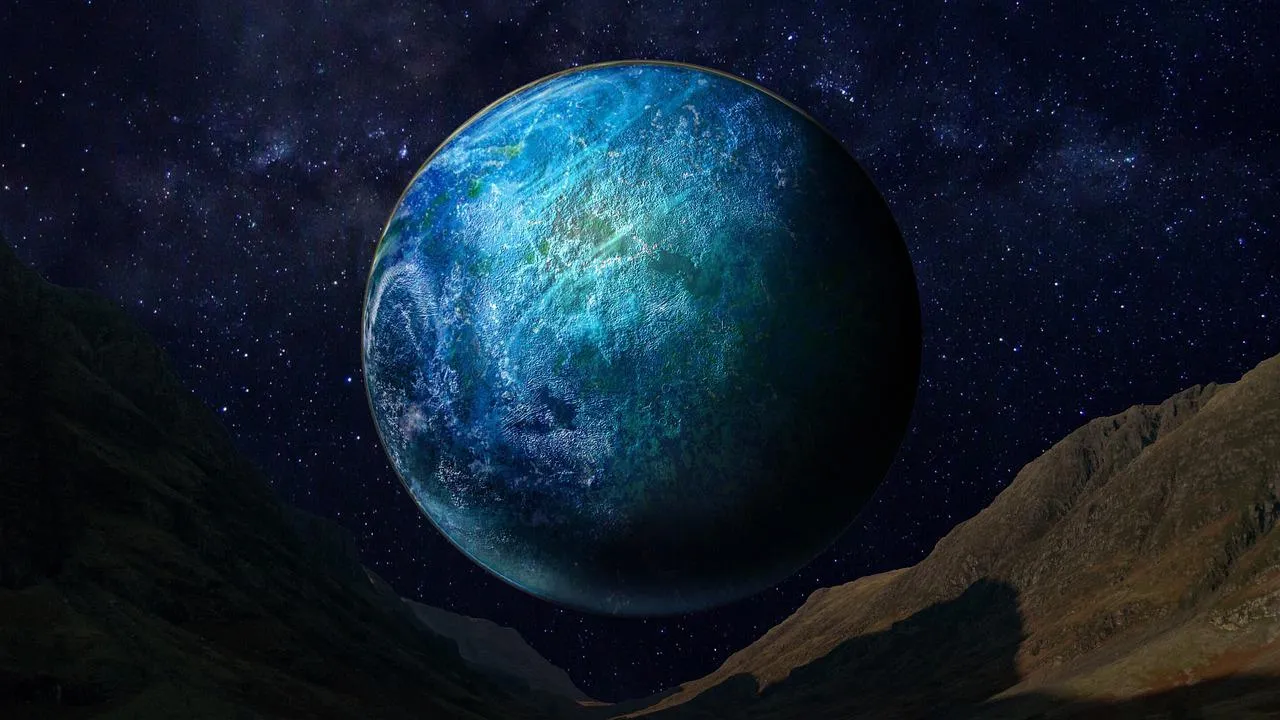
However, these civilizations did not arise simultaneously.
In a broader sense, the first technological civilization in the Milky Way could have emerged a billion years ago or even earlier.
Consequently, we understand that the possible civilizations in the Cosmos are not only far from each other in space but also in time.

What will become of our civilization (if it survives) for millions or billions of years?
maybe they have become immortal, or maybe time and space no longer matter to them.
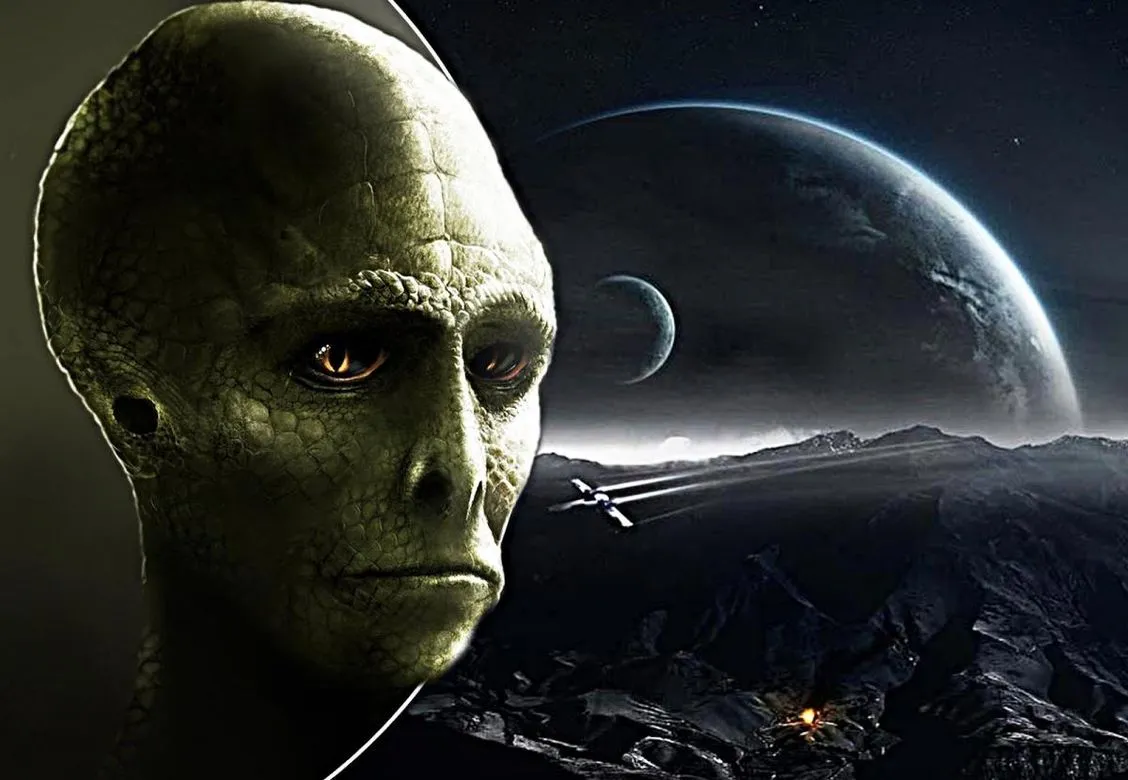
If anyone thinks that we have been overly optimistic and that intelligent beings are much rarer, we should consider our Milky Way to be just one of at least 150 million.
Education and science fiction, among other influences, have shaped our minds with patterns that completely ignore the possibility of hypercivilizations.
the “Primitive Extraterrestrial Hypothesis” assumes that all cosmic civilizations are more or less at the same level of evolution.
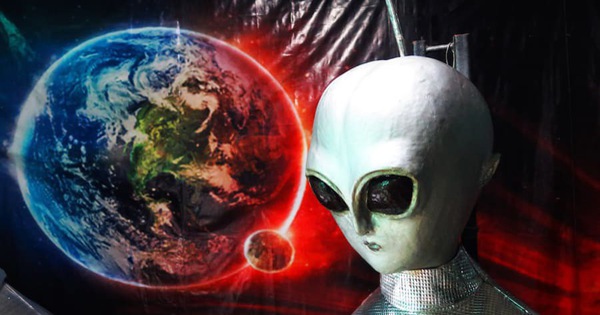
this privileged view is totally implausible.
However, neither he nor many others considered the possibility that representatives of hypercivilizations could be among us but appear so different from our expectations that we cannot recognize them.

the preconception of equal rights: a difference of millions or even hundreds of millions of years is as big as the difference between us and a lizard or even an ant.
The Sonveration Rreconcece: AS FAR Baskre ANSON AND PHHEMENT MISTWEEN TWO NEECRIZatONS ROSIZONS, the Rro BABBLY OF THIS EXCHANGE THEREFORE THE ZERO.
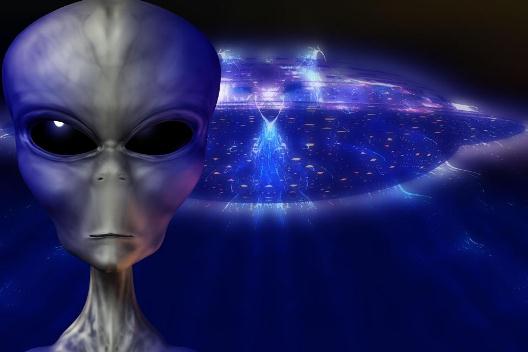
temporary parochialism (term used by Dr. J. Allen Hynek).
In this light we can now decide what facts can be accepted and what will never be possible.
If a hundred years ago Einstein postulated that the speed of light is a limit, no other physical law will be discovered until the end of time to prevent this.
As a particular example, we have the SEtI concept.
the idea of invasion.

the idea of intervention and support.
A hypercivilization that observes the earth and human technological civilization should act similarly, avoiding interfering in our evolution, but taking fewer samples, doing some experiments, having very limited contacts (not at all officially or peer-to-peer) with only a few individuals, selected on your and not our criteria.
therefore, no agreement, no destruction, on the one hand, and no official contact, conversation, or substantial help, on the other hand, should be expected from highly advanced cosmic civilizations, even if they are here now.
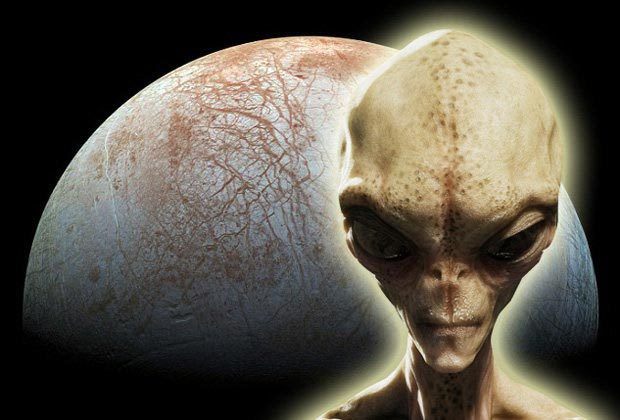
the difference between a hypercivilization and us could be as great as the difference between us and the ants.
they will certainly try to find out as much as possible about the life of the anthill, but they will not “present credentials” to the ant queen.
If the entomologists have the technology, they will create some robot ants, send them up the hill and watch from a safe place, for example, “on the computer screen”, the data transfer by them.
We can speculate that a hypercivilization could try to make, using genetic materials from the earth, new races, with greater brains, with greater intelligence, adapted for some special tasks, etc.

they can be “produced” for example in reserves or bases somewhere off the ground.
At that time the agronomists will try to find some suitable genes in the pool represented by the primitive wheat species, to improve the “perfect” variety.
What if humans on earth are the “wild pool” of genes, suitable for improving some artificial races elsewhere?
these were the ancient heroes” (Genesis, 6, 4).

But obviously the above comparison – of humanity to an anthill – is a bit forced, since humanity is nonetheless a potential future hypercivilization.
A hypercivilization will be elusive and will not hand over its knowledge and technologies to us;
I can speculate that they might have additional reasons for their behavior.

Some seemingly absurd old stories could be an indication of such an attitude.
Many abductees or individuals claiming contact have spoken of the ethereal balls of light as “repositories of knowledge and intelligence”, recording everything in the universe.
This “super memory” could be inscribed in a “spiritual” environment or in something in our environment that we are currently unable to imagine.

In this way, we can explain phenomena such as channeling, xenoglossy, walk-ins, reincarnation, ghosts, and more.
Of course, all of the above does not prove that hypercivilizations are the only explanation for everything strange, particularly UFOs.





